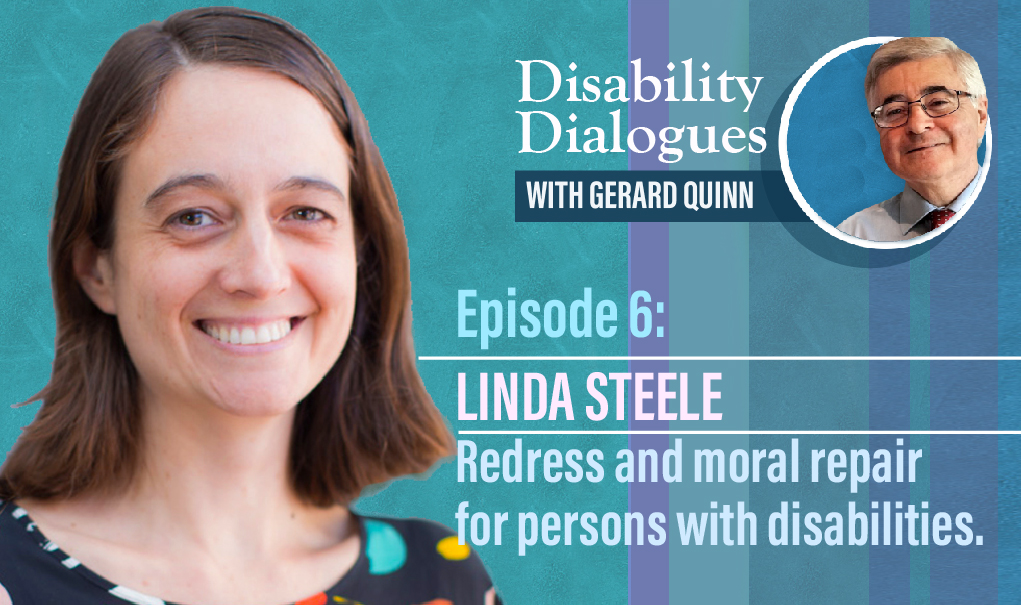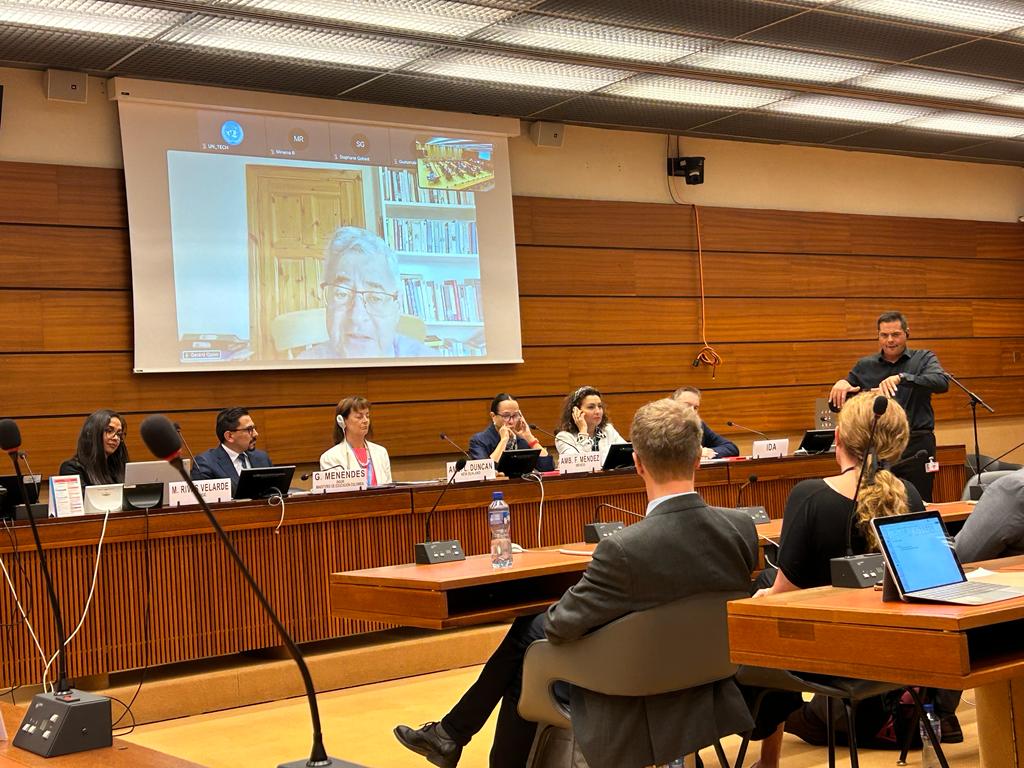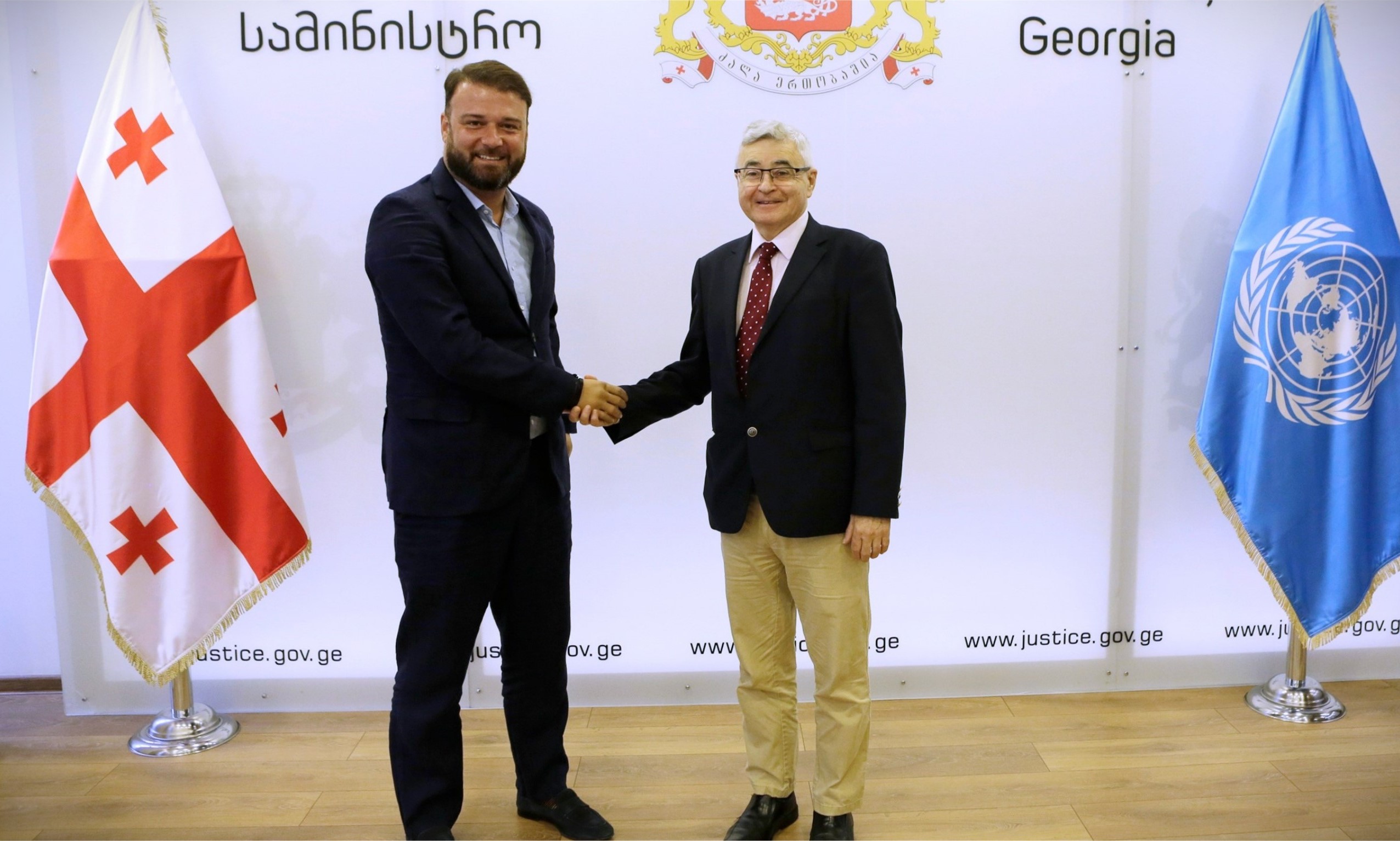By Sonia E. Rolland & Alex Ruck Keene
The 2000 Hague Convention on the International Protection of Adults (‘the 2000 Convention’) is a private international law treaty. The term ‘private’ can be misleading: the treaty not only relates to relationships between private individuals, but also to the way in which States approaches private individuals who have a connection with another State.
These rules evolve over time, as social mores and understandings change and as international law continues to build a framework for the protection of rights of various categories of persons. Their intersection with standards from human rights law present both challenges and opportunities.
This Study analyses how the private international law rules of the 2000 Hague Convention can be interpreted in light of the UN convention on the rights of persons with disabilities and all other current human rights protections, thereby making the 2000 Convention a living and up-to-date tool for States.
This Study was commissioned by the UN Special Rapporteur on the rights of persons with disabilities.
About the authors:
Sonia E. Rolland is a Professor of Law at Northeastern University in Boston, Massachussets (USA)
Alex Ruck Keene is a Barrister-at-Law at 39 Essex Chambers and Visiting Professor at King’s College in London (UK)





